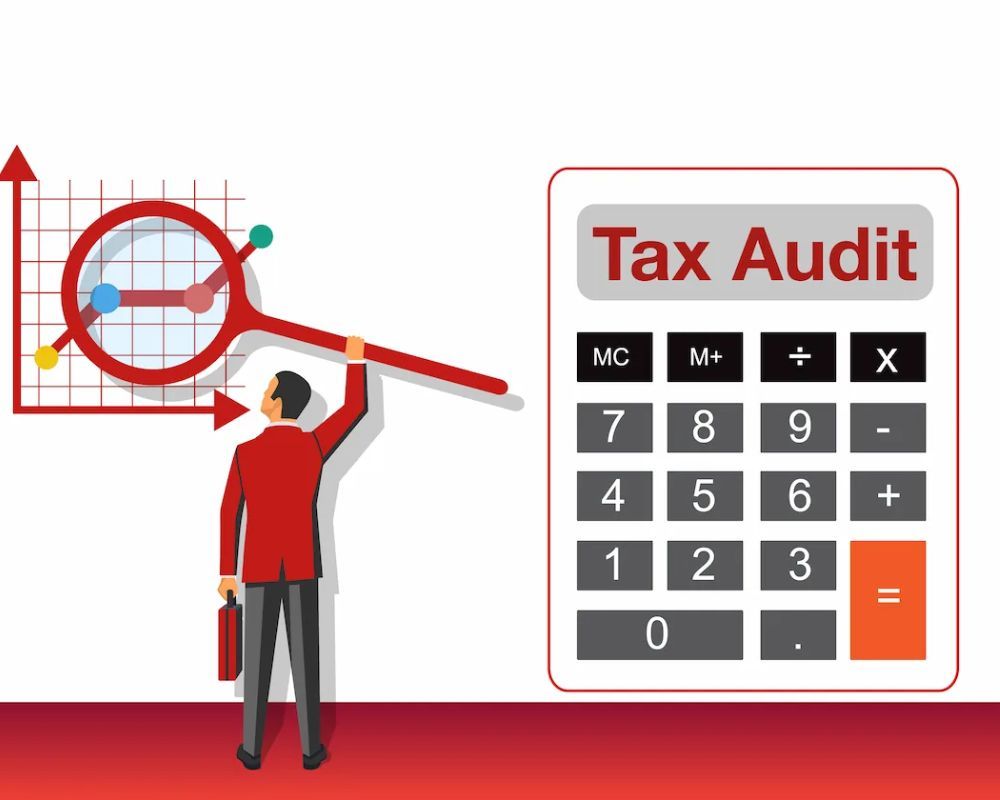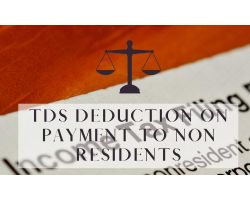In the realm of income taxation in India, the concept of a tax audit serves as a critical mechanism to ensure accurate reporting, compliance, and transparency. Understanding who is liable for a tax audit is essential for individuals, businesses, and professionals to navigate the complexities of the tax system. In this blog, we delve into the criteria that determine the liability for a tax audit under the Income Tax Act of India.
Who Needs to Undergo a Tax Audit?
The Income Tax Act of India has laid down specific provisions regarding tax audits, primarily governed by Section 44AB. According to this section, the following entities are required to undergo a tax audit:
- Businesses: Businesses engaged in trade, commerce, manufacturing, or any other business activity are subject to a tax audit if their total turnover exceeds the prescribed threshold. The threshold limits vary based on the nature of the business:
- 1 crore: If the gross receipts or turnover of a business exceeds Rs. 1 crore.
- 10 crores: If the gross receipts or turnover exceeds Rs. 1 crore but less than Rs. 10 crores, and the percentage of cash transaction is less than 5%
- In all other cases regardless of cash transaction tax audit is required.
- Professionals: Professionals such as doctors, lawyers, architects, accountants, and others providing specialized services are subject to a tax audit if their gross receipts exceed Rs. 50 lakhs in a financial year.
- Presumptive Taxation Scheme: Taxpayers opting for the presumptive taxation scheme under Sections 44AD, 44ADA, or 44AE must also undergo a tax audit if they wish to claim profits or gains lower than the prescribed limits.
Key Points to Note
- Chartered Accountant's Role: A tax audit must be conducted by a qualified chartered accountant. The chartered accountant verifies the accuracy of financial statements, assesses compliance with tax laws, and submits an audit report (Form 3CD) to the income tax department.
- Reporting Requirements: The audit report includes details about the taxpayer's financial transactions, compliance, deductions, and exemptions claimed. It helps ensure transparency and accuracy in financial reporting.
- Penalties for Non-Compliance: Failure to comply with tax audit requirements can lead to penalties under Section 271B of the Income Tax Act. The penalty is typically a percentage of the total turnover or gross receipts.








867 Likes